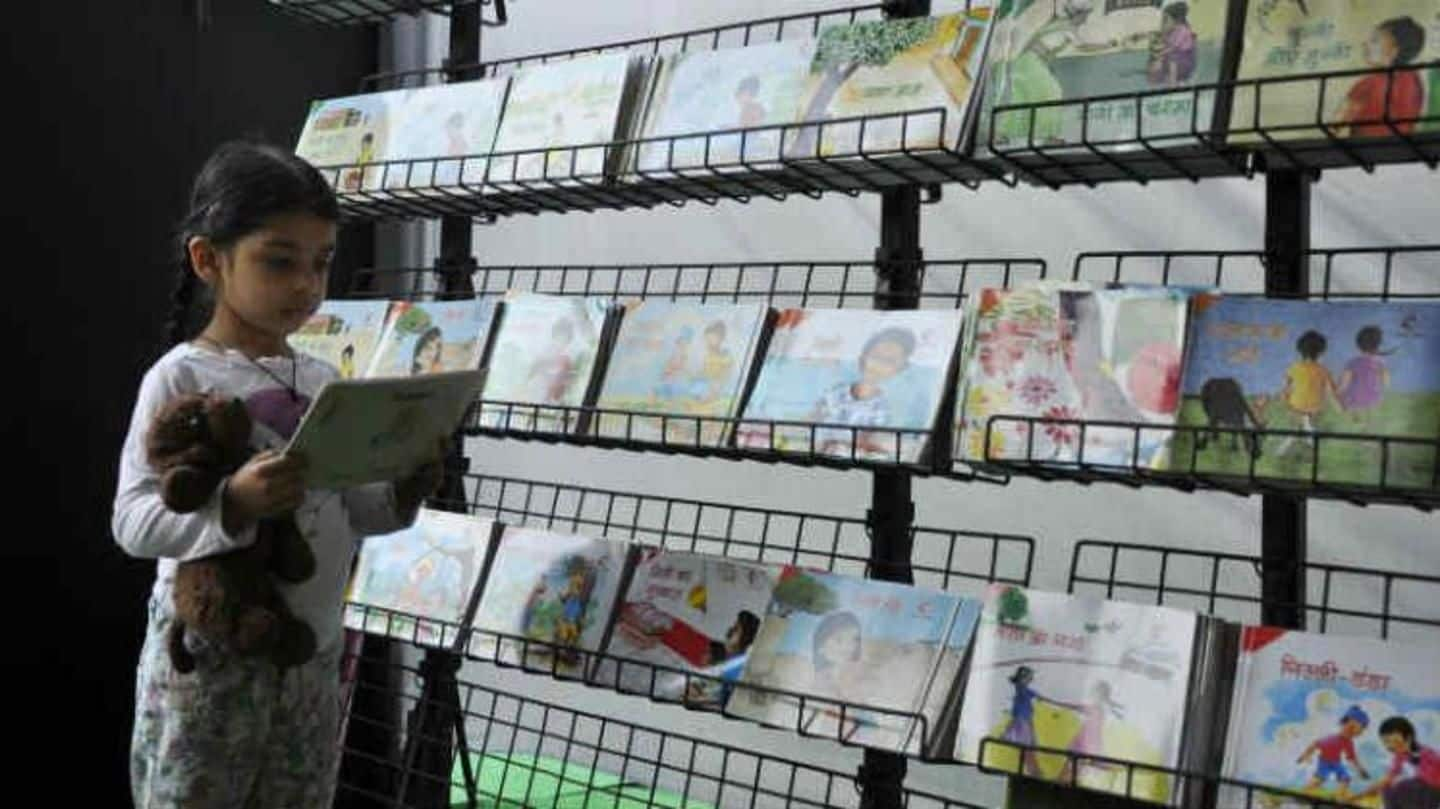
NCERT's Unni-Munni change political beliefs: From criticism to idolization
What's the story
It is only natural for governments to exercise some control on the narrative in academic textbooks, partly to ensure positive national sentiment. But it is concerning when dissent is actively discouraged. NCERT's recent changes are only testament to this fact: its tone has undergone a shocking change, going from criticism to subservient adulation. But the way it's going, states might beat NCERT to it.
RTI
How the commentary on RTI has changed
Sample this: the caption of a cartoon in the Class-10 textbook Democratic Politics-II (chapter-5) earlier said, "The RTI Act is one of the recent legislations passed by Parliament. Who is shown as obstructing its implementation?" The graphic accused the bureaucracy. Now it says, "Many democratic governments provide the RTI to citizens....Do you think the cartoon exaggerates the obstructionist role of bureaucracy in its implementation?"
Political parties
Political parties are no longer "such a mess"
In chapter-6, Munni, NCERT's pedagogical tool, asks Unni, "Granted that we can't live without political parties. But how do we live with the kind of political parties we have?" Now she has a different question: "Granted that we can't live without political parties. But on what grounds do people support a political party?" Her comment on "so many parties" being "such a mess" (chapter-6) has also been dropped.
The good
Seeing the silver lining in every situation
The two girls have meanwhile started seeing the good in bleak situations. On a cartoon on corruption (chapter-6), previously comment-less, Unni says, "Does this suggest people contest elections only to make money? But isn't it true there're politicians committed to people's well-being?" Another previously caption-less cartoon (chapter-7) on people's expectations from democracy now says, "Is democracy all about coping with multiple-pressures and accommodating diverse-demands?"
Do you know?
Fun fact: These changes were recommended during UPA-II
Incidentally, many of these changes, which happened after a textbook review last year, were recommended by a committee headed by former UGC chairman Sukhdeo Thorat constituted under the UPA-II, but the NCERT had then refused to incorporate most of the suggestions.
States
NCERT getting tough competition from various state education boards
It isn't only the NCERT that is slowly changing content to adopt a 'nationalistic' tint. In May'16, Gujarat describedDeendayal Upadhyay, Chanakya and Mahatma Gandhi as main economic thinkers. Haryana has introduced moral education textbooks written by Dinanath Batra, convenor of the RSS-backed Shiksha Bachao Andolan Samiti. Rajasthan's textbooks now mention PM Narendra Modi's slogans and schemes, diplomatic policies and more.
Do you know?
Rajasthan even replaced the Mughal winner of a battle!
Rajasthan went a step further and directly rewrote history. While earlier, the history textbook for Class-10 said the Battle of Haldighati between Maharana Pratap and Mughal King Akbar was inclusive, it now claims that the former valiantly defeated the latter and forced his army back.
Conclusion
Subtle attempt ongoing to rewrite history as Indians know it
Reuters reported, for the first time in March'18, that in 2016, the government appointed some scholars to rewrite history. Culture Minister Mahesh Sharma, the committee's creator, said aims are primarily to prove that events in Hindu texts happened, and all Indians are descendants of Hindus. If Sharma's assertion that their conclusions will be incorporated in textbooks is true, it indeed is time to worry.